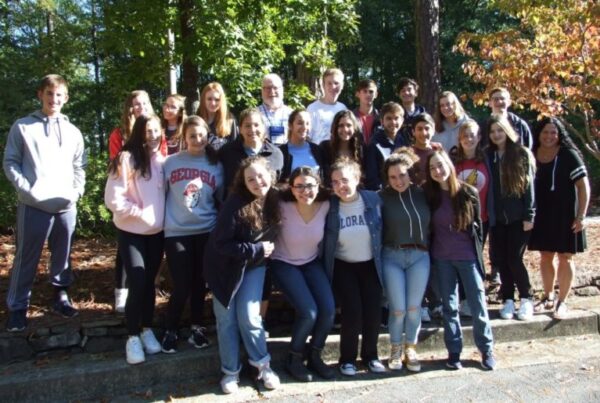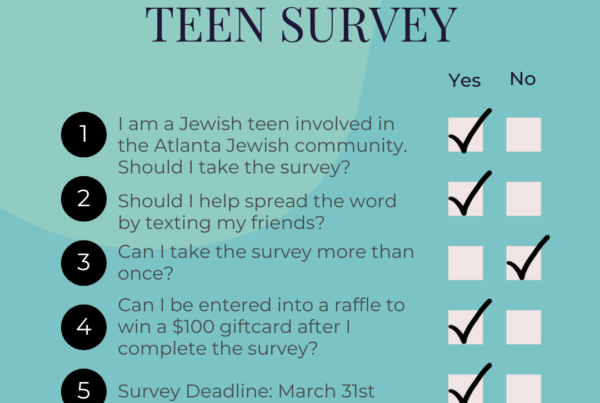Tonight, when we sit down at our Seder tables we will be engaging in the ultimate historical role-playing activity. We come together at Seder not only to remember the Exodus from Egypt, but also to put ourselves into the story. Guided by the text, “In every generation a person is obligated to see themselves as if they had left Egypt,” we suspend disbelief and imagine that we were there, and it happened to us.
As I prepare myself for Seder this year I find myself struck by a new appreciation for this mandate to embody the Passover story. Previously, I had thought of it as a call for radical empathy and the required precursor to “You shall love the stranger as yourself, for you were strangers in the land of Egypt,” but now I realize that there is something else profound in that idea.
It is not by accident that the phrase starts with the words, “In every generation.” The work of seeing yourself as a part of the Jewish people, of connecting to the Jewish story, tradition, and community is a task that every generation is called to engage with.
In my work with JumpSpark I am constantly thinking about how to connect the teens of today with the Jewish community. We talk endlessly about Gen Z and how this generation is unique and needs to be engaged differently. To this end, The Jewish Education Project just unveiled what is believed to be the largest study of American Jewish teens ever conducted, with 17,576 teens participating. GenZ Now, Understanding and Connecting with Jewish Teens Today deepens our understanding of the complexities of being a Jewish teen in the United States today and reveals interesting finding about the roles of families and youth serving organizations.
The task of understanding and meeting the needs of this new generation feels large and complicated. The struggle to keep teens engaged is not new and the work to fix that problem didn’t start with JumpSpark. By starting the quote with the words “in every generation” it implies that the work is never finished. It is never solved; it is just passed off to the next generation to find a way to do it for themselves. This cycle started in the Torah and is continuing today.
I am proud of the work JumpSpark is doing to bring Gen Z and the teens of our community into the ancient Jewish task of finding their place in the Jewish community. If they can see themselves as a part of the story, whether that is the story of today’s Jewish community, or as an ancient Israel millennium ago, then we have succeeded.
If you would like to know more about how we are helping teens find their place in the Jewish story you can follow us on Facebook or Instagram at @JumpSparkATL. On behalf of JumpSpark, I would like to wish you all a Happy Passover. May your holiday be filled with meaning and connection.





